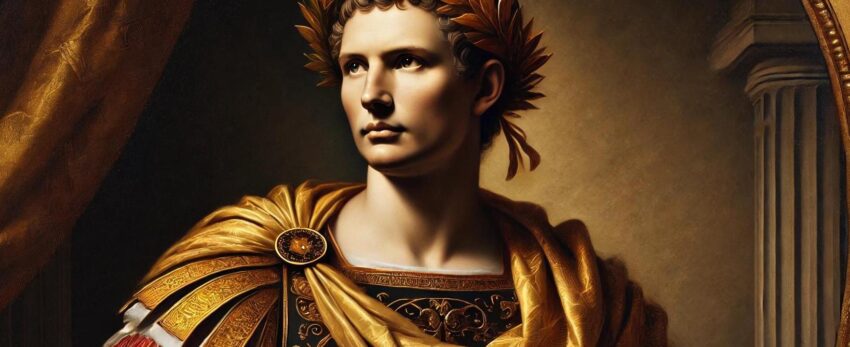Julius Caesar’s impact extended far beyond his lifetime, influencing countless leaders and cultures across centuries. His legacy is evident in political, military, and cultural arenas, shaping the course of Western civilization. Politically, Caesar’s ascent to power and his subsequent reforms left a lasting imprint on governance. His centralization of authority and restructuring of the Roman government paved the way for the imperial system. Augustus, his adopted heir, built on Caesar’s foundation to establish the Roman Empire, which became a model of centralized governance. The title ‘Caesar’ itself evolved into a symbol of imperial authority, used by subsequent rulers such as the Russian Tsars and German Kaisers.
Caesar’s influence is also evident in the cultural and ideological domains. Renaissance humanists revered him as a paragon of classical virtues, embodying both the intellect and martial prowess idealized in the era. Artists like Michelangelo and Shakespeare depicted Caesar in their works, reflecting on his complex legacy. Shakespeare’s play ‘Julius Caesar’ explores themes of power, betrayal, and ambition, cementing Caesar’s place in literary and cultural history. In modern times, Caesar’s life continues to be a subject of fascination and study. His blend of military prowess, political ambition, and cultural impact makes him a multifaceted figure whose legacy provides rich material for historical analysis and popular culture alike.
 |
 |

